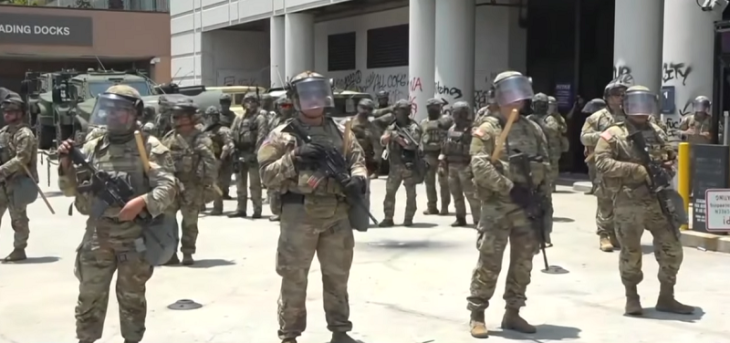The City of Santa Monica has awarded Tufts University a contract to conduct an air quality study at the Santa Monica Airport (SMO) during a unique window of opportunity created by the upcoming runway shortening construction closure. Tufts University was selected through a competitive bid process.
Earlier this month, the City released a Request for Proposals for an airport air quality study to be conducted around the airport runway shortening project timeline. The purpose of this study is to update the air quality study conducted by the South Coast Air Quality Management District (AQMD) in 2010 and 2011, establishing a baseline immediately before the runway shortening project begins, during the full airport closure, and after the project is completed once airport operations resume. The temporary full closure of the Airport during the runway shortening construction facilitates the City’s efforts to conduct monitoring when there will be no runway operations.
“In response to calls from the Airport Commission and those concerned with the health and safety impacts on surrounding neighborhoods, the City of Santa Monica is commissioning an independent academic study of pollution levels emanating from Santa Monica Airport, coinciding with the temporary runway shortening construction closure,” said City Manager Rick Cole. “This is a rare opportunity to assess the air quality impacts of aviation uses before, during and after the runway shortening project.”
The runway shortening project is a result of decades of work by the City to mitigate impacts of airport operations on local communities. Over the last century, SMO has grown from a dirt airstrip designed for biplanes to a busy general aviation airport with more than 80,000 landings and take-offs last year.
For the past three decades, the City has sought to rein in the increasingly severe noise, health and safety impacts on surrounding neighborhoods. After protracted litigation, the City of Santa Monica and the Federal government entered into a landmark Consent Decree to authorize the permanent closure of SMO at the end of 2028. The Consent Decree also authorized the City to shorten the SMO runway from approximately 5,000 feet to an operational runway length of 3,500 feet, which is expected to significantly curb large turbine aircraft operations. Runway shortening construction is scheduled to be complete in January 2018.
The runway shortening project consists of two phases:
- Phase 1: Began on October 23, 2017 and is ongoing until December 13, 2017. During Phase 1, work is being performed nightly from 9:00 pm to 7:00 am, Monday through Friday. SMO will be closed to all aircraft operations during the aforementioned hours.
- Phase 2: Work will begin on December 13, 2017 and conclude December 23, 2017. During Phase 2, work will be performed both during the day and during the night. SMO will be closed to all aircraft operations for 10 consecutive days, 24 hours per day.
After the closure, the new airport configuration will limit the fleet mix of turbine aircraft operations by frequency of take-offs and landings. With this study, the City seeks to learn whether the change in the turbine aircraft fleet mix impacts the air quality surrounding the airport by comparing levels before and after the runway shortening against baseline data collected during the closure.
The contract awarded to Tufts University is for $54,342. The team will begin mobilizing their air quality monitoring effort on Monday, December 4, 2017.
For more information regarding this project and for regular updates regarding the runway shortening project, including more detailed construction information once it is available, please visit www.smgov.net/airport.






















